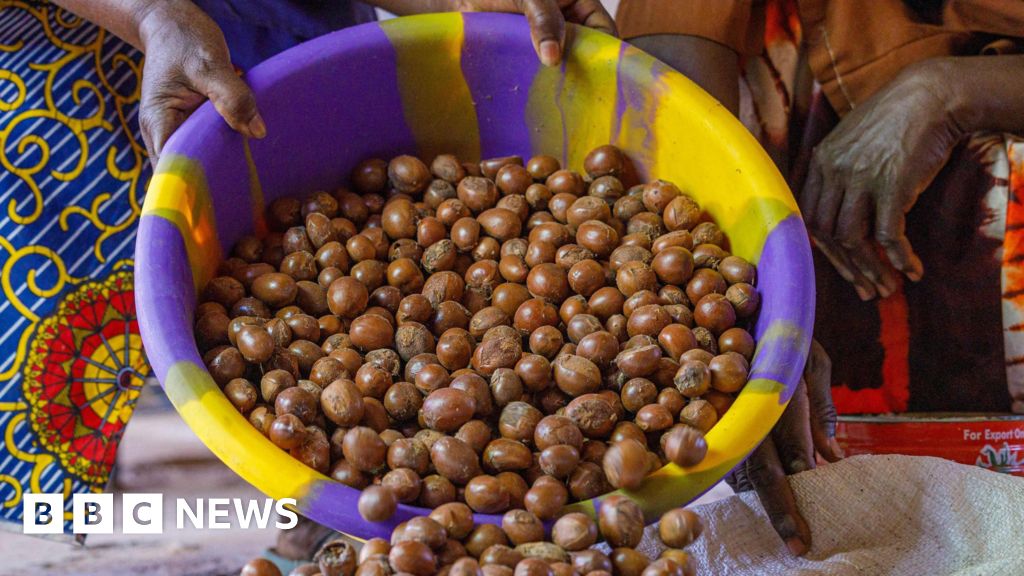Former biology teacher Mustafa Gerima, affectionately dubbed "Mr Shea," is on a passionate mission to save shea nut trees in Uganda from a looming crisis. These trees, recognized as a source of the sought-after shea butter nicknamed "women's gold," are being ruthlessly cut down for charcoal production, deemed more profitable by struggling local farmers.
Growing up, Gerima often enjoyed the rich landscapes of Uganda's Mount Kei Central Forest Reserve, but upon returning six years ago, he was dismayed to see it transformed into a barren expanse, with the once plentiful shea trees reduced to mere stumps. Determined to change this narrative, he traverses northern Uganda, advocating for the preservation of these invaluable resources.
The urgent plight of the shea trees is tied to changing climate patterns that disrupt their growth cycles. "Thirty years ago, the shea nut tree had a consistent flowering pattern, but now climate change has altered this,” Gerima explains. Uganda's forests are losing an estimated 140,000 hectares annually, posing a substantial threat to shea nut tree populations.
Mariam Chandiru, a long-time producer of shea butter in Koboko, exemplifies the economic fallout: her production has halved, diminishing her ability to support her family. Conventionally, women have been at the forefront of extracting shea nuts to craft Nilotica shea butter, a product cherished worldwide.
According to Professor John Bosco Okullo from Makerere University, the advent of conflict, particularly the turbulence caused by the Lord's Resistance Army in the 1990s, has stripped communities of their stewardship over the land and the forests. Traditional practices of protection declined as insecurity forced many to abandon their villages.
While the rebels have been largely eradicated, the scars of the past linger, causing communities to now prioritize short-term income from charcoal burning over the long-term benefits offered by sustainable forestry. This situation has severed the intergenerational bond locals had with the land.
Climate change remains a pressing foe, exacerbating adverse conditions that hinder the trees from producing the fruits they traditionally bore. Additionally, rapid urban development has claimed many shea tree habitats.
Despite this bleak scenario, Gerima finds hope in grassroots movements. He previously completed a 19-day walk from Kampala to the United Nations Environment Programme in Nairobi to highlight the urgency of his cause. He now sees increased community engagement, with NGOs encouraging the planting and protection of new trees.
Prof. Okullo emphasizes the importance of utilizing technology to map and monitor mature shea trees and predict yields to promote better conservation practices. The recognition of shea trees' vulnerability has led the Ugandan government to outlaw their cutting for charcoal, yet enforcement remains inconsistent.
As Gerima presses on with his campaign, he rallies collective responsibility around this cause, urging communities to think about future generations. "We need to ensure that our children don’t come back to find only stumps," he warns, announcing plans for grassroots monitoring efforts and educational initiatives to safeguard the shea trees. Through persistent awareness and cooperation, he believes there is still time to save these vital resources for posterity.


















